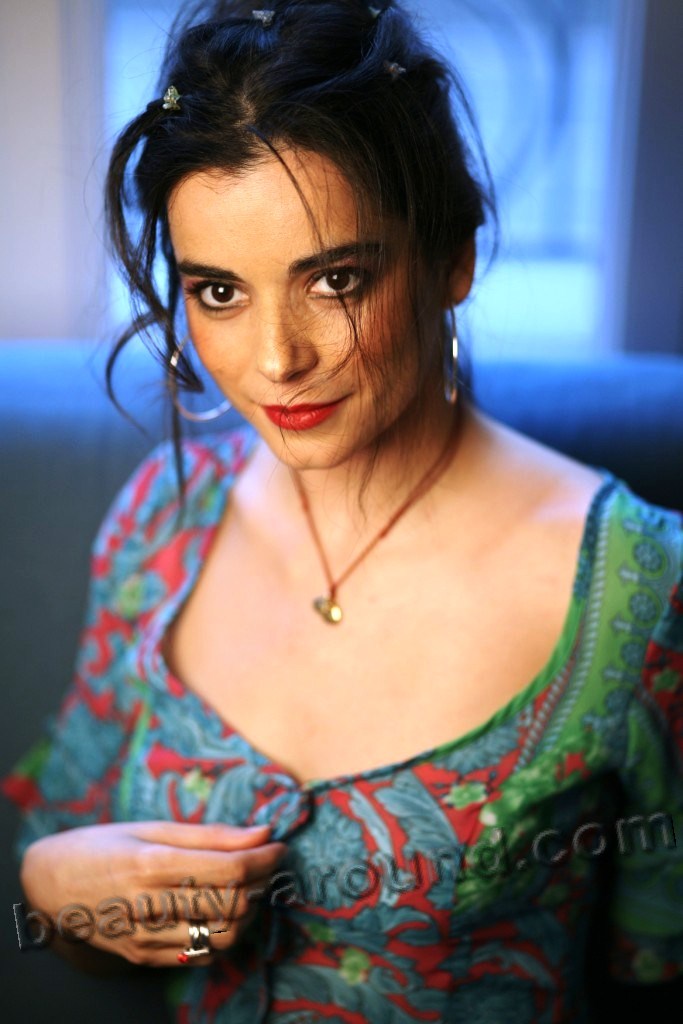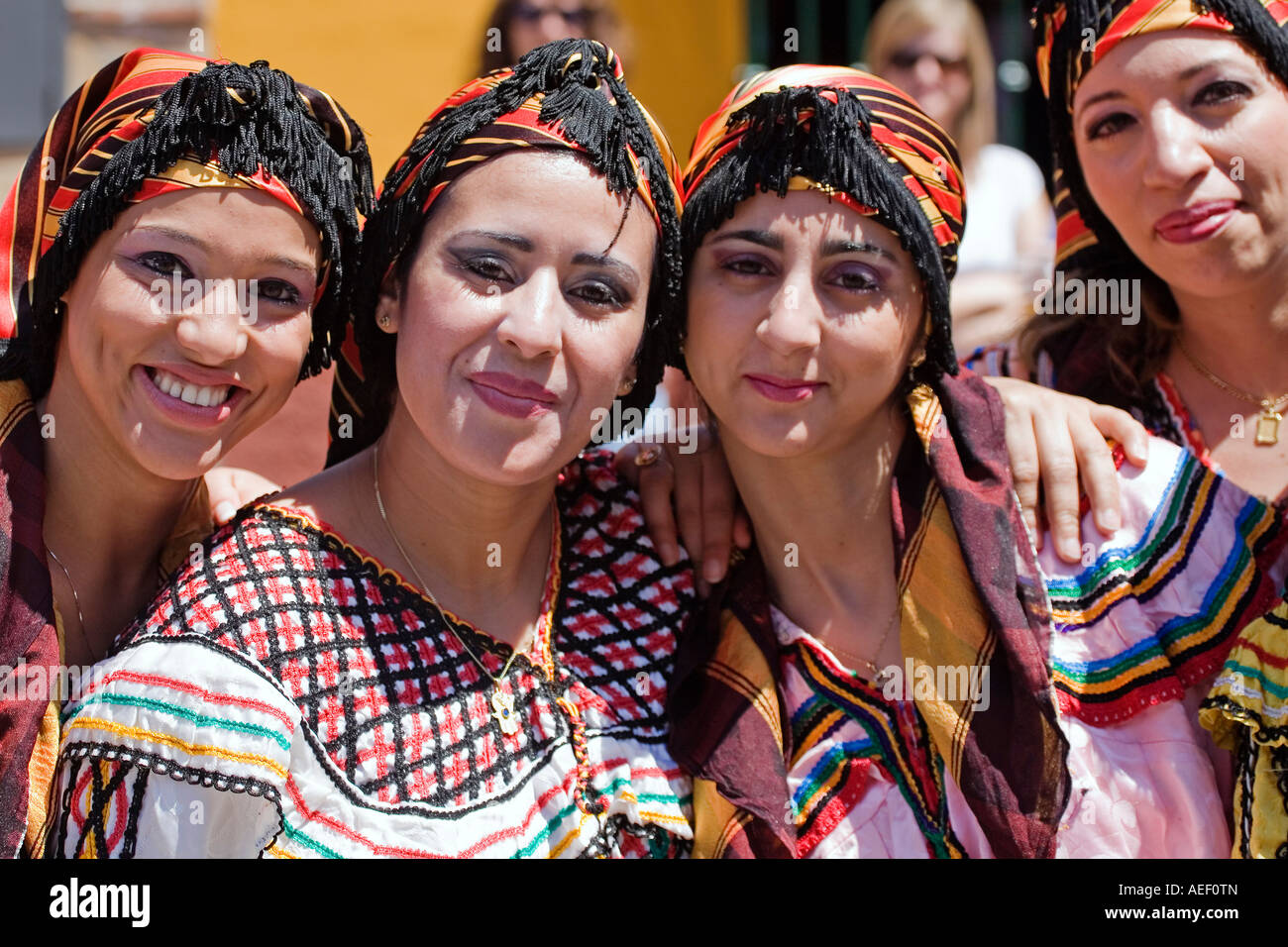Is it possible for a nation to truly flourish when half of its population faces systemic barriers? In Algeria, despite significant strides in education and professional fields, Algerian women continue to grapple with deeply entrenched patriarchal norms and societal expectations that hinder their full potential.
In Algeria, as in much of the MENA (Middle East and North Africa) region, traditional views often relegate women to the role of housekeeper. This perspective, however, clashes starkly with the reality that Algerian women constitute 65% of the nation's university graduates, making them the most educated gender in the country. This discrepancy highlights a significant challenge: translating educational achievement into tangible socio-economic and political power.
| Category | Details |
|---|---|
| Name | Djamila Bouhired |
| Born | 1935 (exact date not readily available) |
| Nationality | Algerian |
| Occupation | Activist, Freedom Fighter |
| Known For | Role in the Algerian War of Independence |
| Key Affiliations | Algerian National Liberation Front (FLN) |
| Historical Significance | Iconic figure of Algerian resistance against French colonialism. Symbol of female empowerment and national liberation. |
| Legacy | Inspired generations of Algerian women and activists fighting for independence and equality. |
| Website | Encyclopedia.com - Djamila Bouhired |
Adding complexity to the landscape is Algeria's strong culture of family honor, which persists even among more liberally-minded citizens. This emphasis on family reputation can sometimes inadvertently restrict women's freedoms and perpetuate traditional expectations. While progress on women's rights has been achieved globally, Algeria's unique cultural and social context requires a nuanced understanding.
- Your Guide Metlife Stadium Photos Best Views Seats
- Rare Marilyn Monroe Photos Norma Jeanes Stunning Transformation
The statistics paint a grim picture: since the beginning of 2020, over 50 women in Algeria have fallen victim to femicide. This alarming death toll is expected to rise, exacerbated by the silence of authorities and a societal mindset that often dismisses domestic violence as a private, household matter. This silence not only emboldens perpetrators but also isolates victims, leaving them with little recourse.
Improving women's participation in Algerian politics is not merely a matter of enacting laws. It necessitates a comprehensive political process coupled with sustained societal efforts to dismantle negative stereotypes surrounding women. These stereotypes, deeply ingrained in cultural narratives, portray women as less capable or suited for leadership roles, hindering their advancement in the political arena.
A new generation of Algerian women are drawing strength and inspiration from the female freedom fighters of the country's past. Figures like Djamila Bouhired, who at the young age of 25 was a prominent member of the Algerian National Liberation Front, serve as potent symbols of courage, resilience, and the vital role women played in shaping Algeria's history. Their stories challenge contemporary stereotypes and empower women to assert their rights and demand equality.
The subjugation of women, some argue, would impede Algeria's progress and potentially regress the nation to a mythical "golden age" of early Islam. This perspective underscores the importance of empowering women as agents of change and development, rather than viewing them as obstacles to societal advancement.
It begs the question: how did Algerian women, known for their advanced analysis and praxis of women's liberation, respond to the challenges they faced? The answer lies in a complex interplay of historical context, political realities, and cultural dynamics.
Political attitudes, predominantly male, contributed to the introduction of the restrictive Algerian Family Law in post-colonial Algeria. This law, often criticized for its discriminatory provisions, has significantly impacted women's rights and their status within the family and society.
Women have become a focal point in a contemporary discourse that presents itself as "saving Muslim women." This narrative, while seemingly benevolent, can be construed as posing a dilemma to the Western emancipation model, potentially reinforcing existing power imbalances and undermining women's agency.
On April 16, 2014, an Algerian woman and her child were photographed walking in the old part of the capital, Algiers, known as the Casbah. This image captures a glimpse of daily life, reflecting both the challenges and resilience of women navigating a complex social landscape.
The Algerian state's co-option of women and women's rights through reforms and laws, such as the Family Code, has shaped how women perceive themselves within Algerian society. These reforms, while sometimes presented as progress, can also serve to reinforce patriarchal structures and limit women's autonomy.
The ideals and values that women often uphold as their part of the Muslim family can inadvertently reinforce patriarchal structures and heteronormative gender relations. This highlights the need for a critical examination of traditional norms and their impact on women's rights and equality.
The National Union of Algerian Women (French: Union Nationale des Femmes Algriennes) is a women's organization in Algeria, founded in 1943 as the Union des Femmes d'Algrie (Union of Women of Algeria). This organization played a significant role in the fight for independence and continues to advocate for women's rights and equality.
The women's movement in Algeria originated in the liberation movement from French colonialism in the 1940s. Women actively participated in the struggle for independence, demonstrating their commitment to national liberation and paving the way for future advancements in women's rights.
Alloula's analysis of postcards portraying Algerian women in prison and "traditional" Algerian couples reveals a stark reality. These images, often staged by photographers, depict Algerian women imprisoned within their own homes, highlighting the limitations and restrictions imposed upon them.
The photographer's staging of scenarios depicting Algerian women imprisoned in their own homes underscores the paradoxical nature of the idea of freedom and confinement within a patriarchal society.
Algerian women are deeply rooted in a cultural heritage that blends Arab, Berber, and French influences. This rich tapestry of traditions shapes their identities and influences their perspectives on social norms and expectations.
They navigate between traditional norms and modern aspirations, valuing family, friendships, and cultural traditions while embracing progressive ideas. This delicate balancing act reflects the complexities of their lives and the challenges they face in reconciling tradition with modernity.
Manel Filali is often cited as one of Algeria's most beautiful women, representing the diverse beauty and talent found within the country.
The murder shocked Algeria, prompting protests and raising awareness about the issue of violence against women. This tragic event served as a catalyst for renewed calls for justice and greater protection for women.
Algeria has made some changes to the Family Code since its implementation. These changes are a result of years of activism and pressure on the government to grant women more rights, including the right to equality. However, significant challenges remain in ensuring full equality and protection for all women.
Here are five facts about women's rights in Algeria:
1. Algerian women gained suffrage rights in 1962.
2. Women constitute a significant portion of university graduates.
3. Algeria's Family Code has been a subject of controversy and reform.
4. Women are increasingly represented in the judiciary.
5. Femicide remains a serious concern.
The article "Algeria Unveiled" by Fanon illustrates how the French sought to undermine Algerian men by interfering with the control of women. This historical context highlights the complex relationship between colonialism, gender, and power dynamics.
The role of Algerian women in their own society has often been misrepresented or misunderstood. It is essential to move beyond simplistic portrayals and recognize the diverse experiences and contributions of women in Algeria.
David Gordon's pronouncement in 1968 that women are the serfs of Algerian society, while perhaps an oversimplification, reflects the inequalities and limitations that women have historically faced.
The participation of women in the Hirak movement was seen as a continuation and commemoration of the history of Algerian women who fought for independence and were respected by men and women alike. This underscores the enduring legacy of women's activism and their ongoing role in shaping Algeria's future.
The Algerian woman is highly respected for her courage and ability to preserve the nation. This recognition highlights the vital role women play in maintaining cultural heritage and national identity.
During the colonization war, women were the pillars of resistance and resilience. Their contributions were essential to the struggle for independence.
Algerian women are well represented in the judiciary, particularly at high levels. This demonstrates progress in gender equality within the legal system.
34 percent of magistrates are women, showcasing increasing female representation in the judiciary.
In the Council of State, one of the highest institutions of judicial power, 15 of the 38 magistrates are women, and the council of state's president is a woman. This signifies a significant achievement in female leadership within the legal system.
- Find Actress Photos Images Authentic Stock Pics Wallpapers
- Stunning Tiger Lily Images Free Downloads More


